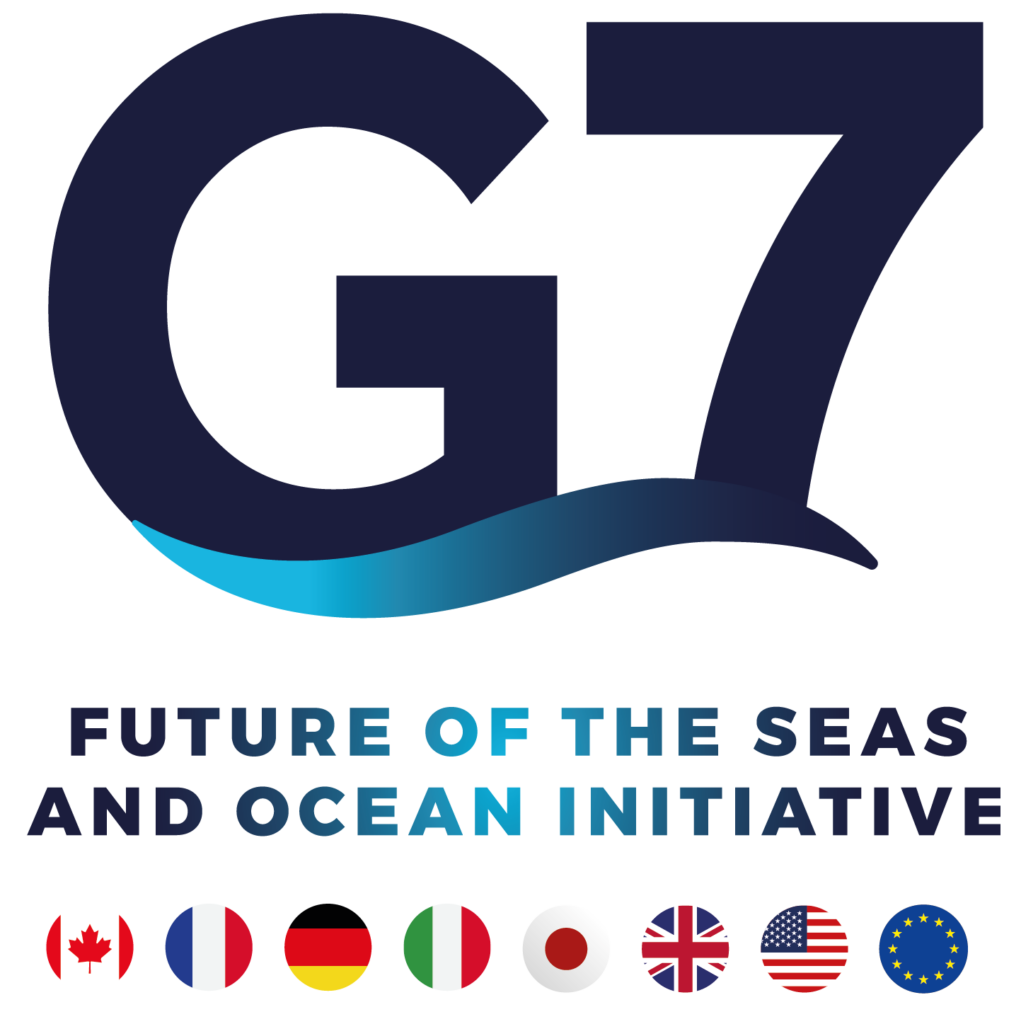The Group of Seven (G7)
The Group of Seven (G7) is an intergovernmental organisation composed of representatives from Canada, France, Germany, Italy, Japan, the United Kingdom and the United States. The European Union is also a member, holding all the privileges and obligations of membership but without the right to host or chair a summit. The G7 often serves as a pathfinder group, piloting activities for broader G20 and UN initiatives that may be too complex to manage with a larger set of partners.
The G7 FSOI initiative
The G7 FSOI offers a mechanism for international cooperation on ocean observing and sharing of technology, data, and information required for the health of our seas and Ocean, for weather and climate forecasting, and for the development of a sustainable Blue Economy. G7 members collectively fund approximately 80% of the global observing system, and G7 agreements on priorities for coordinated investment can have significant impact to move the global system forward.
The G7 members have emphasized the importance of focusing on issues at the nexus of science and governance, exchanging information about national Ocean science and technology plans and priorities, and working collectively to pilot efforts in areas where the FSOI can add unique value:
In 2016, the G7 Ministers agreed to take an ambitious approach to tackling ocean issues, and developed the Future of the Seas and Ocean Initiative with five main Action Areas. These Action Areas were revised in 2024 at the G7 Scientific and Technology Ministerial.
Action Areas 2016 - 2023
- 01 Observing system
- 02 Assessment and Reporting
- 03 Data Sharing Infrastructure
- 04 Regional Observing Capacity
- 05 Political Cooperation
Action Areas 2024-present
- 01 Ocean Observation
- 02 Digital Infrastructure and Prediction Systems
- 03 Information for decision making
- 04 Regional Observing Capacity
- 05 Political Cooperation

In a Statement to the OceanObs’19 Conference that brought together 2400 scientists from 60 nations, the G7 members explained the position of the FSOI:
“As leaders in ocean observing, the G7 FSOI Working Group recognises that implementing a system of high quality, sustained ocean observations cannot be done in isolation, and that it needs to be a coordinated, collaborative and global effort. Therefore, through leading by example, we hope to promote and support partnerships, networks, and increase the availability of science through open data and scientific cooperation amongst the global community.”

Through leading by example, we hope to promote and support partnerships, networks, and increase the availability of science
Useful Links:
- 2024 G7 Science and Technology Ministers Meeting communique
- 2023 G7 Science and Tech ministers communique
- 2023 G7 Climate, Energy and Environment ministers’ communique
- 2022 G7 Science Ministers communique
- 2022 G7 Climate, Energy and Environment Ministers’ communique
- 2022 G7 Ocean Deal
- 2021 G7 2030 Nature Compact
- 2021 G7 Climate and Environment Ministerial communique
- 2021 G7 Ocean Decade Navigation Plan
